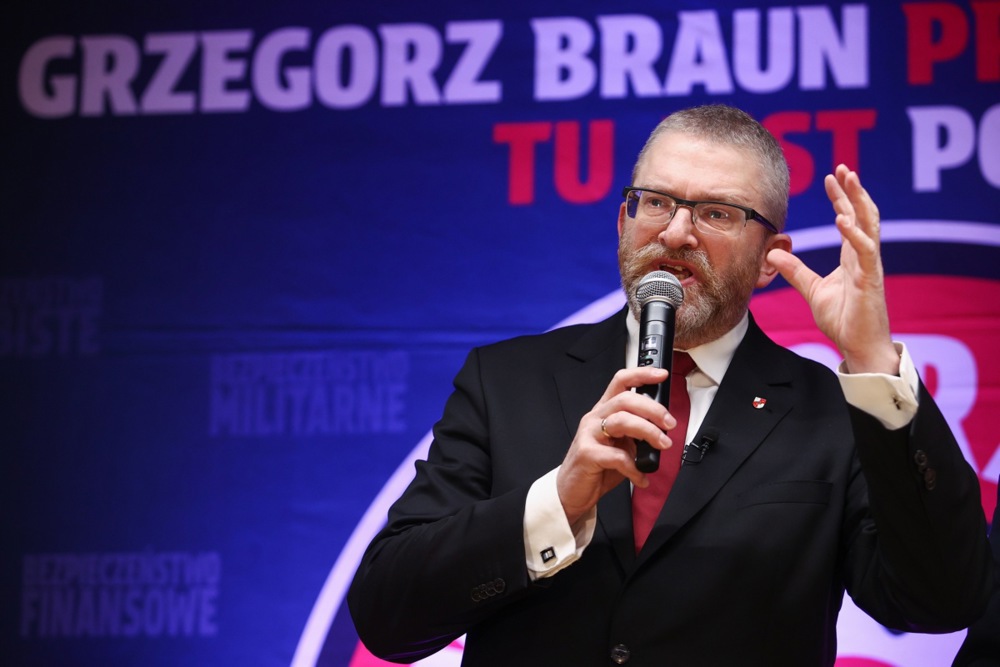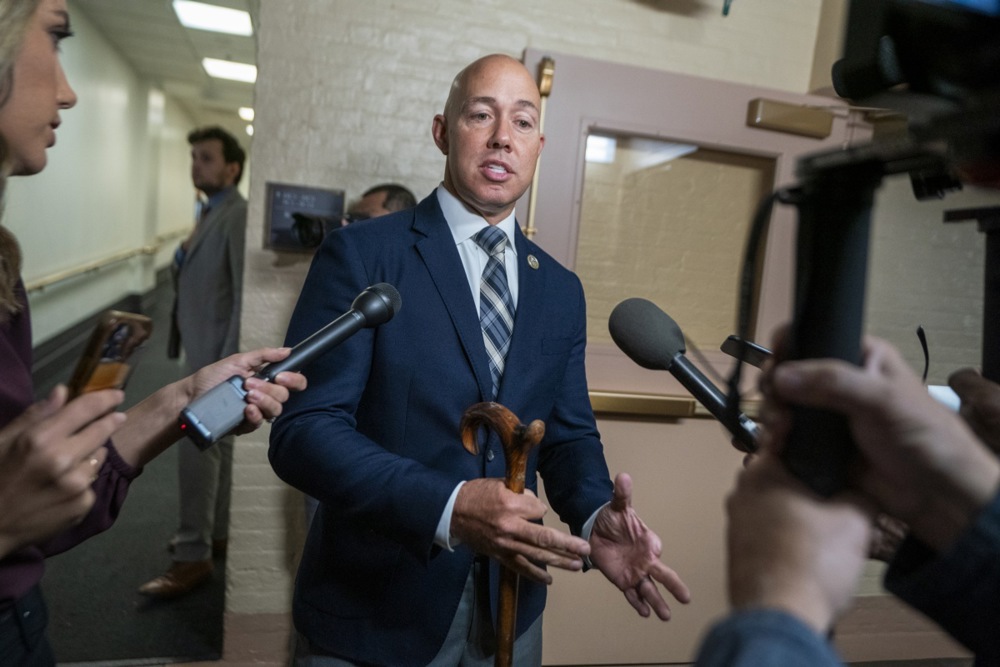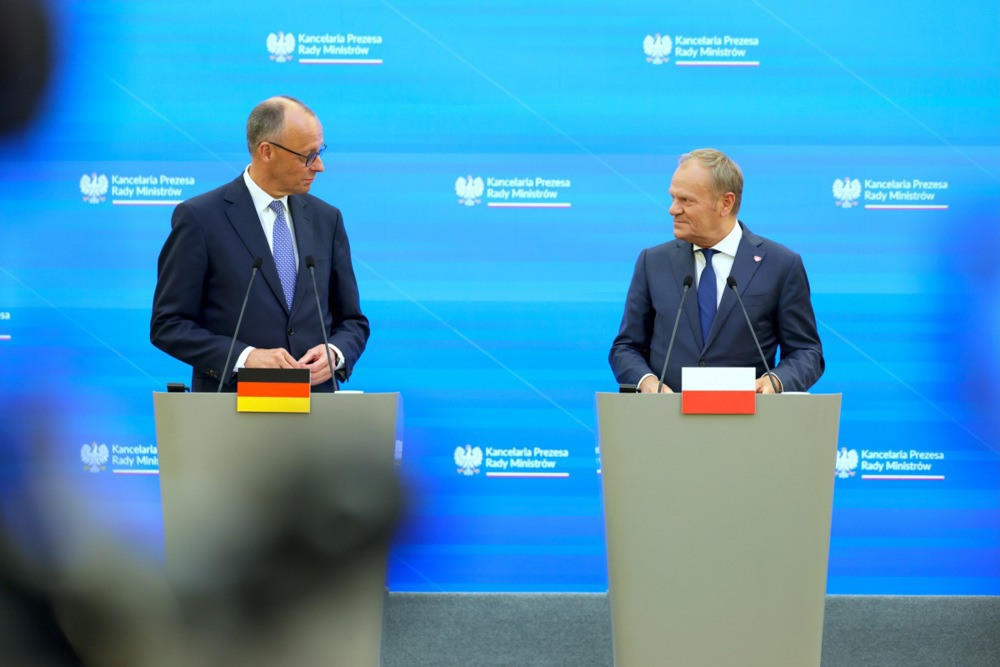Leading German MEPs have called for punitive measures against Poland in the aftermath of the presidential election victory of the opposition Conservative (PiS)-backed candidate Karol Nawrocki.
Moritz Körner, a German Member of the European Parliament and Secretary General of the liberal-left FDP party, announced on social media on June 3 his intention to see Poland punished for the outcome of the ballot.
“The trust Poland earned following the parliamentary elections [in October 2023] is already over,” Körner declared, adding: “The Polish Government must now pass all necessary legislation to restore the rule of law.”
He was alluding to the dispute over rule-of-law violations in Poland during the lifetime of the last PiS government [2015-2023]. That led the European Union to withhold funds for Poland that were only unblocked after the election of the centre-left government led by Donald Tusk in 2023.
Prime Minister Tusk had promised to reform the judiciary so Poland was returned to the “path of the rule of law”. In the end, the legislation was blocked by PiS-allied President Andrzej Duda. Tusk was then himself accused of violating the Constitution and the rule of law by purging the judiciary and his refusal to recognise the validity of some court rulings.
Tusk’s government has proposed recalling all the 15 justices of the Constitutional court, close some of the chambers of the Supreme Court and have the National Council for the Judiciary – the body responsible for recommending judicial appointments – elected by judges and not parliament. In addition it wanted 3,000 judges appointed during the lifetime of the PiS government to be demoted or removed.
Now that the PiS has managed to get its preferred candidate elected to succeed Duda, the prospect of Tusk getting his way on reforming the judiciary in Poland seems remote. Korner has urged the EU to act again to put pressure on the incoming president.
“If the newly elected president blocks the required reforms with his veto, the European Union will have to freeze funds for Poland once again. [European Commission President] Ursula von der Leyen must make it clear that if Poles want to continue the policies of the previous [PiS-led] government, they will face continued sanctions. Responsibility will lie with the new president,” Korner wrote on X.
Prominent German Greens MEP Daniel Freund, who was active in the process of getting the EC to sanction Poland during the time of the PiS government, also called for further action and condemned Nawrocki’s win.
“Nawrocki’s victory is bad news for the rule of law and pro-European forces in Poland. Important reforms will remain blocked and Polish democracy is in gridlock” he wrote on x, adding that the EC must “exert extra pressure to ensure that important rule of law reforms are actually implemented.”
Former PiS Polish foreign minister Szymon Szynkowski vel Sęk MP, replying to Korner’s call for sanctions, wrote: “Arrogant hectoring has already seen his party [FDP] ejected from both the government and Bundestag but now is the time for citizens to remove him from the [European Parliament].”
Szynkowski vel Sęk added that Korner should remain silent, since Germany owed Poland €1.5 trillion for second world war reparations, he said — a claim also made by the former PiS government. Germany has rejected that and the Tusk government has refused to pursue the issue.
The government’s relations with Germany were also strained by Berlin’s decisions to reinstate border controls and order migrant push-backs.
Such pushbacks were ruled as illegal by a German court on June 2 in a case regarding the deportation to Poland of three Somali migrants.
The German interior ministry, though, has said the court’s decision applied only to the three individuals involved and that the pushbacks would continue as part of new Chancellor Friedrich Merz’s migration policy of refusing asylum claims.
In the first two weeks following the introduction of Germany’s new policy, 1,676 migrants were turned back at the country’s borders.
According to Polish media, in the period between January 2025 and February 2025, Germany returned 11,000 migrants who had unlawfully crossed the border. That led to protests by the PiS and Confederation parties, who accused the Tusk government of failing to stand up to Berlin over the issue.
Last year, Tusk protested over a decision taken by the previous German government of chancellor Olaf Scholz to reinstate controls on all its borders to clamp down on illegal migration.





